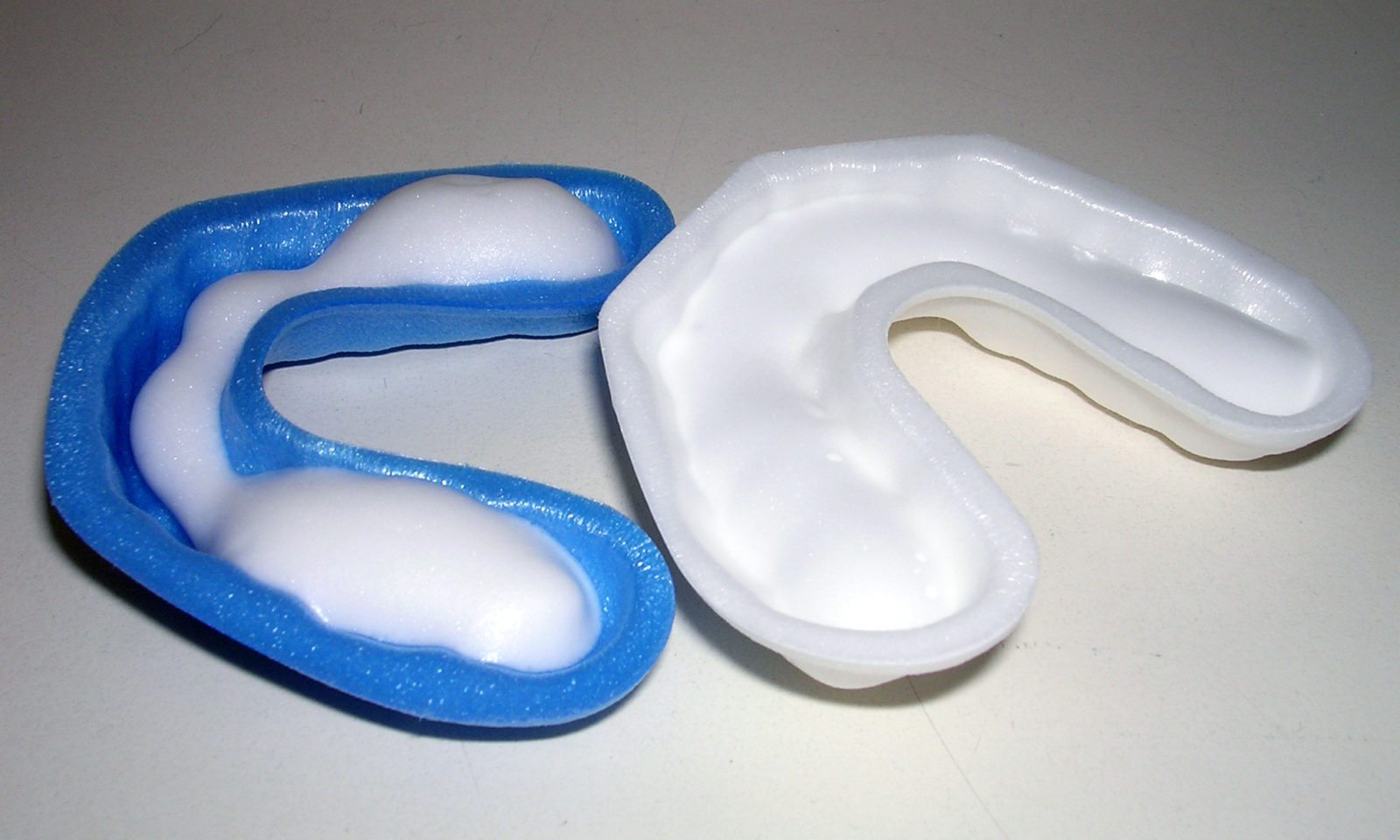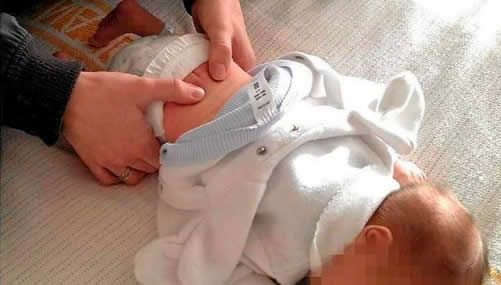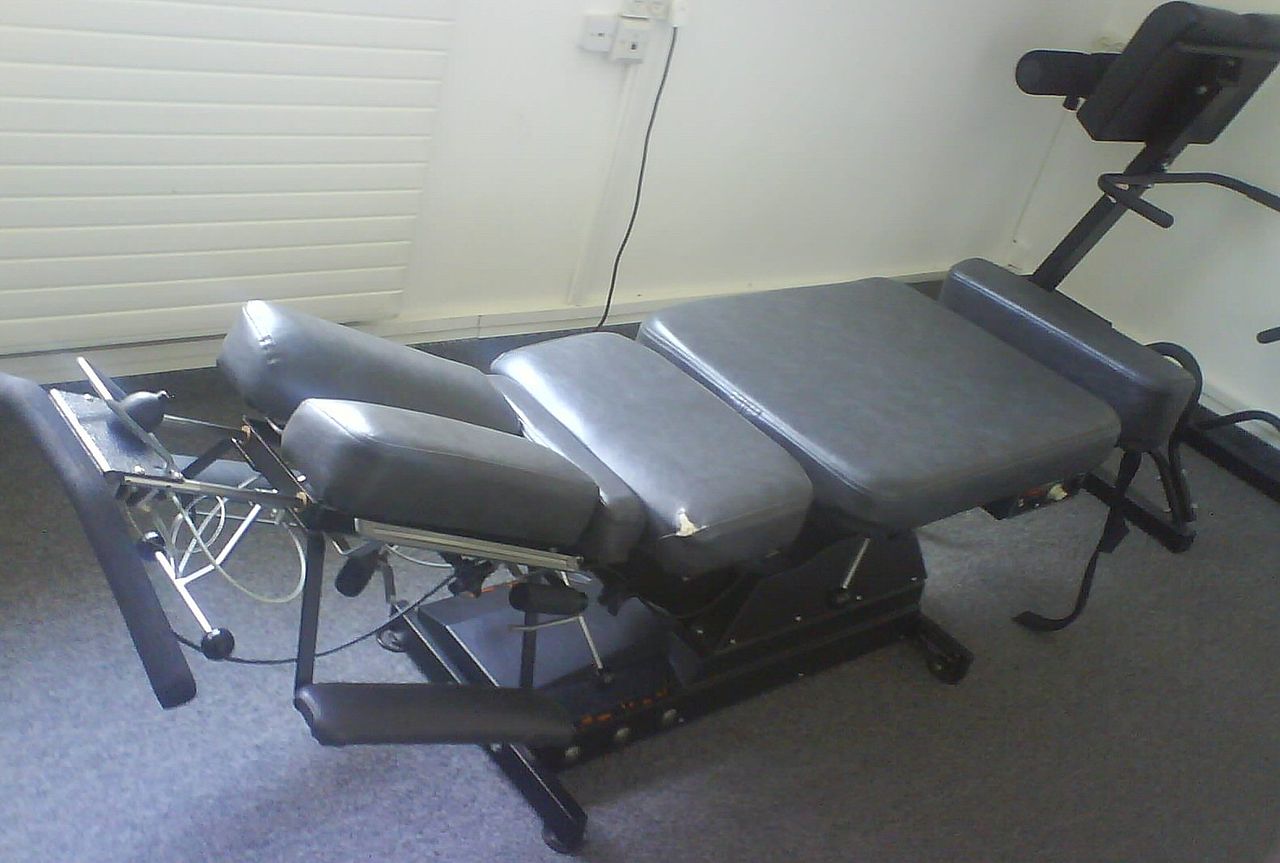The Pollyanna Phenomenon and Non-Inferiority: How Our Experience (and Research) Can Lead to Poor Treatment Choices
Pollyanna, a popular children’s book written in 1913 by Eleanor H. Porter, introduced the world to one of the most optimistic fictional characters ever created. She always saw the good in people and her approach to life frequently involved playing “The Glad Game”, where she attempted to find something to appreciate in every situation no matter how unfortunate. She was glad about...

Preventing Tooth Decay in Kids: Fluoride and the Role of Non-Dentist Health Care Providers
The following post is a collaborative effort between myself and science-based dentist Grant Ritchey DDS. Dr. Ritchey is a co-host of the always excellent The Prism Podcast, most recently interviewing Dr. Robert Weyant and discussing how to teach critical thinking to dental and medical students. He can also be found on Twitter at @SkepticalDDS. Dr. Ritchey has written for SBM before on...
Corporal Punishment in the Home: Parenting Tool or Parenting Fail…
One of the most commonly practiced strategies used by parents to alter long term behavior of their children is corporal punishment, commonly referred to as spanking. But use of the term spanking is problematic in that how caregivers interpret it varies widely, and there is frequent overlap with what pediatricians consider to be abuse. Despite a great deal of evidence showing that...
Separating Fact From Fiction in the Not-So-Normal Newborn Nursery: Vitamin K Shots…..
In August, news emerged from Vanderbilt University that four cases of a rare bleeding condition seen in young infants had been diagnosed since February. Three of these infants suffered intracranial hemorrhages, requiring surgical intervention to evacuate the blood and save their lives, although there will almost certainly be neurological and developmental repercussions down the road. The fourth child presented with gastrointestinal bleeding...
A Rational Approach to Managing Acute Pain in Children
Pain is one of the most common reasons for a parent or caregiver to seek medical attention for their child. Children experience pain for a wide variety of reasons, many that are similar to if not exactly the same as causes of adult pain, but historically pediatric patients have been grossly undertreated. I am 37-years-old and, sadly, if I had undergone a...
Separating Fact from Fiction in Pediatric Medicine: Infant Teething
Teething is one of the most common sources of parental concern in the world of pediatric medicine. All children go through it, typically starting at about 6 months of age, and the current list of signs and symptoms attributed to the eruption of teeth in infants is long and varied, with most if not all of them inaccurate if not highly suspect....
Separating Fact From Fiction in the Not-So-Normal Newborn Nursery: Umbilical Cord Blood Banking
For those who can’t get enough of Clay Jones, he is now available in multimedia through the magic of podcasts! Dr. Jones was interviewed for The Prism blog last Monday, discussing the general topic of alternative medicine and pediatrics, followed by a dive into fluoride and cavities in kids. It is available for your listening pleasure at their website or on iTunes....
Separating Fact From Fiction in the Not-So-Normal Newborn Nursery: Pacifiers and Nipple Confusion
My first “real world” employment after completing residency was as a full-time newborn hospitalist in Houston. After spending three years in Space City, often rounding on as many as 30 newborn infants in the Level 1 and Level 2 units each day at the county hospital, I feel as if I’ve probably about seen it all when it comes to the nursery....

Chiropractic Vs. Conventional: Dueling Perspectives On Infant Colic…..
Infant colic, while not a deadly disease by any stretch of the imagination, is an extremely troubling entity. Not only can it be quite distressing to caregivers, it is also a well-established risk factor for neglect and abuse of the child. Excessive crying in general, whether diagnosed as infant colic or not, is a frequent impetus for seeking advice from medical professionals....

Chiropractic Practice Building: A Doctor’s Confession and the Report of Findings
“I’ve got to get this off my chest!” “Dear chiropractic practitioner, Confessions are tough…Real tough. They are painful, awful things. But, sometimes a confession can set the record straight, and I want to give credit where credit is due. Before I talk about my confession though, let me say a few other things first. You may want to sit down. You know,...

